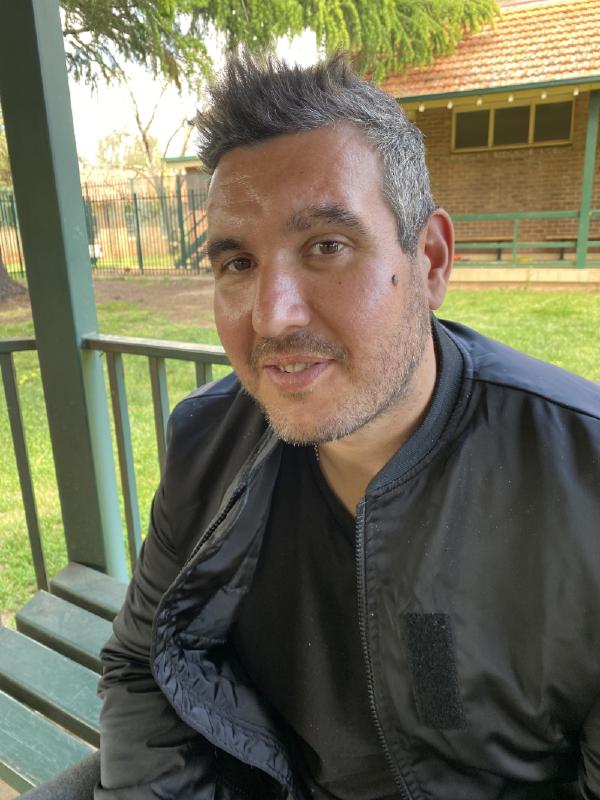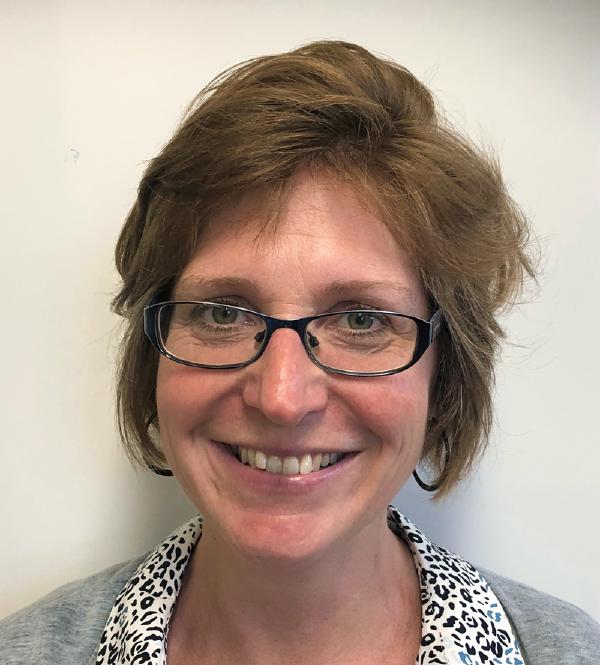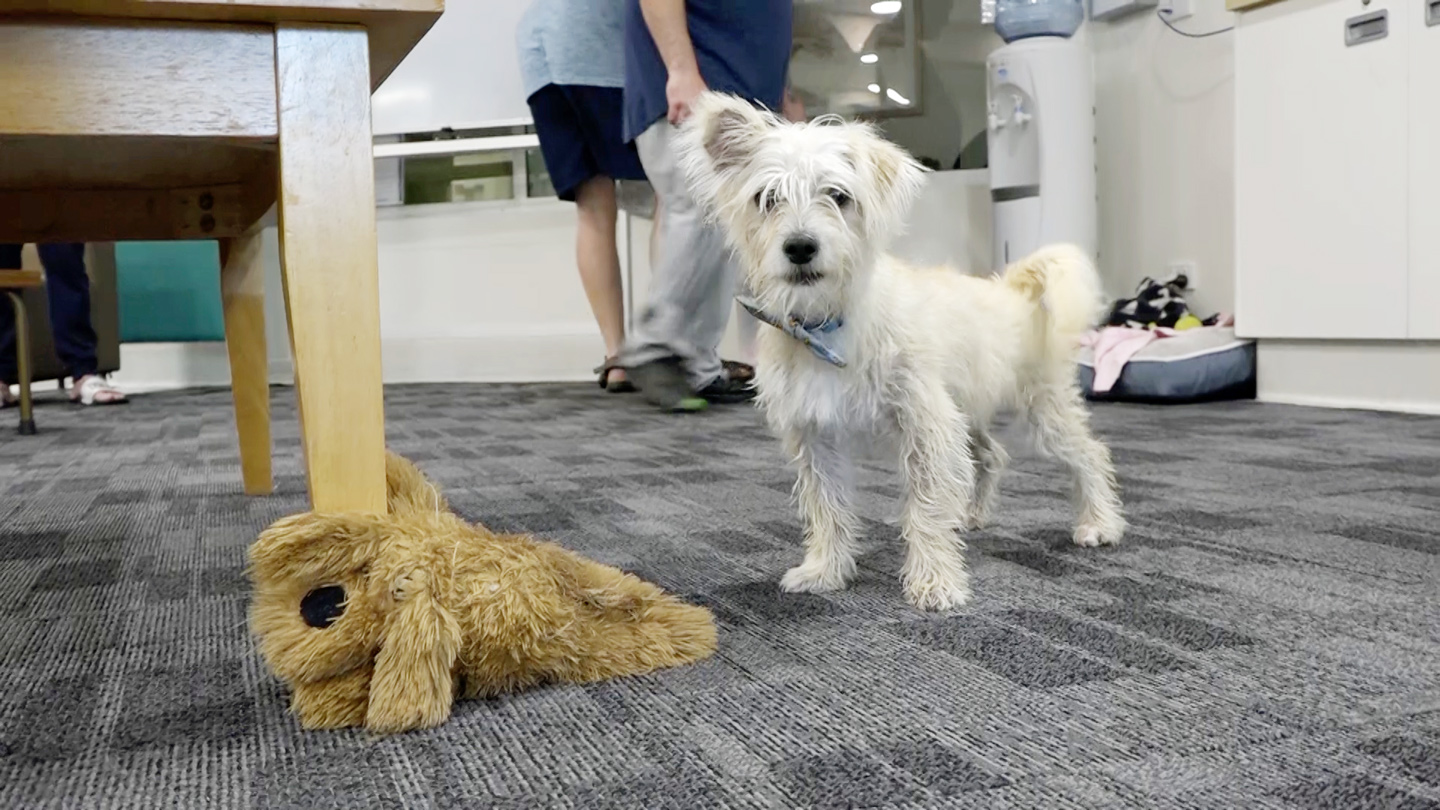Consumer Experience
Innovations in services across the Bloomfield Campus are making a material difference to the lives of patients as clinical teams trial new approaches and make changes to rules and routines.

Angus, Manara Clinic, Bloomfield Hospital
At the Manara Clinic at Bloomfield, inpatients Odin and Angus found a new interest in the kitchen when a cooking class was introduced and inpatients were allowed to cook up meals not normally found on the Bloomfield menu. For Angus and Odin, that meant curried sausages.
If you have lots of things in your life that make you happy it's harder to be depressed and negative
Our cooking’s better than the hospital cooking because there’s more attention paid to it and stuff like that yeah. Ah, my Samoan step dad got the recipe from Samoa and I think it’s like the best Samoan meal I reckon, coconut cream, sliced vegetables, curry and mashed potato. Well it’s just really good for morale in the hospital because well it’s like all depending on us having a good mood to like stabilise our anxiousness, restlessness, nervousness you know it’s one of the good ways to treat the symptoms of like your illness, if you have lots of things in your life that make you happy it’s harder to like be depressed and negative, oh yeah that’s all I got to say about it.
In the forensic ward, a four-legged friend is making a world of difference.
Douglas at the Macquarie Unit, a forensic psychiatric unit, Bloomfield Hospital
An inpatient at the Macquarie Unit explains how Dougie is fitting in to the Unit’s routines.
Yeah Dougie’s had a positive impact on all the boys in here. We all take turns in looking after him, we all love him we all care for him and he’s such a positive addition to the ward. He’s a beautiful little fella and we all love him, very spoilt though. So what impact do you think he’s had on your recovery? I think sometimes when you feel bored or when you feel down he’ll come up and see how you are and it gives you something to do sometimes and we don’t have much to do sometimes. Yeah that’s lovely. He’s fun to play with and that. And you bath him twice a day which takes up some time. When we bath him he runs around like a madman but then he goes outside and gets all dirty again. He’s a puppy. He likes feet too.
The Team
Choley MacNaughton is the Deputy Director of Nursing for non-acute services at Bloomfield Hospital.
Choley MacNaughton, Deputy Director of Nursing for non-acute services at Bloomfield Hospital.
Choley MacNaughton talks about how improvement science was introduced to the teams at Bloomfield Hospital.
I got involved in the project because I was part of the 2021 Cohort for the Clinical Leadership Program and I decided I would use the scientific improvement methodology to bring quality improvement across the entire mental health campus at Bloomfield.
So here on the Bloomfield campus we have 11 mental health drug and alcohol units and that is quite a complex and big service to deliver the program to and a lot of nurses and allied health staff to get involved so we put a workshop on and Day One went really well, we had 3 or 4 nurses from each unit and the Nurse Unit Managers were involved so to coordinate that was quite a big event but we managed to do it and the Director of Nursing and the Exec were really supportive of getting everyone together in the one room.
Frontline staff are always providing great clinical care and they are the ones who know what we need to do to improve clinical care so to provide them with this opportunity and education to empower them around clinical improvement and actually to say you’ve got our support in changing what you want to change to improve patient care and patient outcomes was a massive step and I think for the science improvement methodology it really gets people to think about each step rather than thinking we know what the problem is when 9 times out of 10 you don’t, you get to go through that whole process of eliminating problems, eliminating barriers, pros and cons, doing the driver diagram which is a great team exercise, then putting it into place for the PDSA which also says it’s alright to change it, it might not work this time, but we’ll just change it and we’ll do it again and I think that really gives staff encouragement to take part in this and at the end of the day we’re all here to improve patient care.
To provide [staff] with this opportunity and education to empower them around clinical improvement and actually to say you’ve got our support in changing what you want to change to improve patient care and patient outcomes was a massive step.

Emma Wirth, Improvement Coach,
Mental Health Patient Safety Program
Emma Wirth began her career working in physiotherapy within mental health. With her experience in quality improvement learning programs, she gained a role as an improvement coach with the CEC's Mental Health Patient Safety Program and worked with Choley MacNaughton on the Program workshop. While Choley focused on the goal to improve therapeutic engagement, Emma contributed instruction in quality improvement tools and techniques.
It’s very difficult when you are in a team if you’re the only person who understands the improvement science principles it’s hard to do it on you own.
Choley had done, as part of her CLP, Choley had also started some training in quality improvement science but she herself realised it’s very difficult when you are in a team if you’re the only person who understands the improvement science principles it’s hard to do it on your own and that’s where I think the mental health patient safety program collaborative and the coaching sessions, it’s about realising that you are not on your own, so I really think the key to the success was that Choley prioritised frontline staff so it was about the workshop we ran in March, she approached the executive and said, if we want some quality improvement to happen we need staff to understand the process and be empowered and given time to work on this.
An outcome of that day is evident in statistical outcomes in Bloomfield’s Mental Health Intensive Care Unit. This unit cares for patients with the highest acuity or severity of illness over short critical periods when they are at greatest risk of aggression and self-harm.
Matt Dowlan
Matthew Dowlan, Nurse Unit Manager, Mental Health Intensive Care Unit, Bloomfield Hospital
My name’s Matt Dowlan, I’m the Nurse Unit Manager of the Mental Health Intensive Care Unit here at Bloomfield. A year ago we were averaging 15 seclusions per calendar month and a lot more aggression. We were able to reduce that down to now 1-2 seclusions per calendar month. We hit the month of May with zero seclusions in a Mental Health Intensive Care Unit in a full calendar month and we believe we’re the first in the state to do that. We now average 1-2 per month and our level of aggression has dropped as well. We were able to start some group activities with our patients. We were able to spend more time with our patients so looking at it from a trauma-informed point of view and realising that just an admission to a mental health intensive care unit can be traumatic in itself, being able minimise that as best we can and that reflected then in the reduction of rates. I’m immensely proud that we’ve been able to drop it down to zero for a calendar month. It means that the patient has a better journey through mental health that can lead to changing the whole dynamic the whole projectory of their illness over a lifetime just by having a better experience when they do come in than having a poor experience. We don’t want to add to the trauma of our patients we want to help them deal with it.
We don’t want to add to the trauma of our patients we want to help them deal with it.
Mobile sensory modulation has been introduced across the Bloomfield campus. Jane Lumley is an Education Officer at Bloomfield.
Jane Lumley, Education Officer
Jane Lumley explains how the contents of the mobile sensory trolley can assist to change mood.
The idea of sensory modulation is to try to change your mood state so it could be that you’re feeling distress or anxious or really really flat. So, if you’re really really flat then you might need something to invigorate you so you might like you know that smell or you might like to eat a really sour lolly so if you’re feeling distressed maybe a stress ball or even throwing the ball can you know like distract you and help calm you down and the idea of the room is that people can go in there when they’re feeling they need a bit of help and the trolley you can take with you and the guys are welcome to take things from the trolley say if there was a tribunal they were really stressed about or a meeting with a new NDIS worker or a consult that they’re really nervous about they can take something with them including the dog actually he’s welcome, he’s gone to case reviews before and you know it just changes the mood.
The Program
The CEC’s Mental Health Patient Safety Program began in early 2019, in response to the NSW Government’s Independent Review of Seclusion, Restraint and Observation of Consumers with a Mental Illness.
The program supports local health districts and speciality health networks create organisational conditions enabling teams to continually improve the safety and quality of mental health care through implementation of quality improvement methodology.
A leadership forum in mid-2019, attended by senior staff and executives in the mental health sector, committed to adopting a proactive, bottom-up approach and collaborating with senior executives, leaders, Mental Health staff and consumers to create the right conditions, culture and capabilities to enable safety and quality improvement aligned to what matters most to consumers and staff.
Mental Health improvement coaching commenced in April 2019 to build leadership, coaching and quality improvement capability of mental health staff.
In 2019-20, the CEC’s Mental Health Patient Safety Program delivered quality improvement training for 83 medical and clinical leads and trained 51 improvement coaches to support 73 frontline mental health teams in safety and quality improvement projects.
CEC Expertise
Kimberly Fitzpatrick is the Senior Manager of the Mental Health Patient Safety Program. Kimberley first joined the NSW CEC in 2005, leading the inaugural NSW Hand Hygiene Campaign and Between the Flags Program. From 2014 to 2018, Kimberley was a key member of the Senior Executive for South Eastern Sydney Local Health District, Mental Health Service, leading the Service Development and Innovation portfolio. Kimberley embarked on the International Society for Quality in Health Care Fellowship Programme receiving Fellowship in January 2017 and undertook the Improvement Advisor Program at the Institute for Healthcare Improvement (IHI) in Boston, graduating in September 2017.
Nick O’Connor is the medical lead on the Mental Health Patient Safety Program. Nick O’Connor graduated in Medicine at Sydney University and became a Fellow of the Royal Australian and New Zealand College of Psychiatrists in 1987. Dr O’Connor also has a Masters in Medicine (Psychotherapy), a Masters in Health Administration, is a Fellow of the Royal Australasian College of Medical Administrators and a Graduate of the Australian Institute of Company Directors.
Nick and Kimberley
Kimberley Fitzpatrick and Dr Nick O’Connor share their thoughts on the application of improvement science in mental health.
Kimberley Fitzpatrick: The CEC are safety experts and they partner in the improvement work and definitely with the LHDs and networks at the centre of this work and being willing to drive, the CEC have facilitated that to occur have enabled the improvement coaches to be trained in leadership and in coaching and also in improvement science to give them the expertise they need to test change and to feel safe to test those changes. We coin sometimes with having L plates on and then P plates on and as people within the service who have been trained in improvement science begin to build their confidence in their skills they then translate that into great pieces of work that we can see out at Bloomfield.
Nick O’Connor: I think our approach is the right one and I think the international literature supports that, having said that I think it is really important for us to be measuring our success or our results because I think that part of this journey in supporting clinicians across the state in their improvement efforts is that we ourselves in the CEC need to learn and improve the way we support and facilitate those changes.
Our approach is the right one and the international literature supports that

